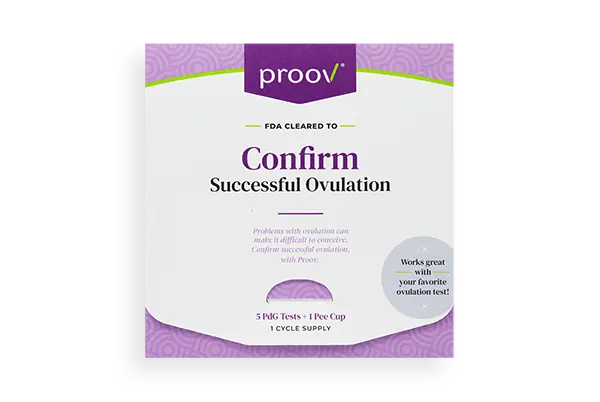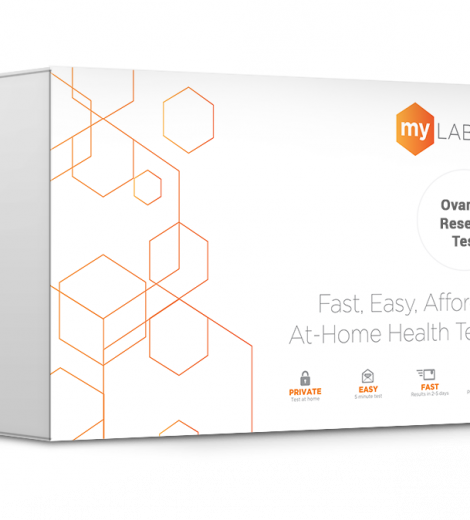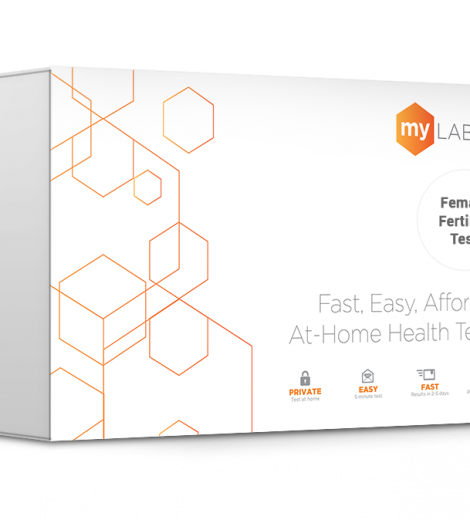Description
An at-home ovarian reserve test, like the myLAB Box kit you’ve described, measures the level of follicle-stimulating hormone (FSH) in the blood. This hormone is closely linked to a woman’s ovarian function and egg production. Here’s a summary of the information you provided:
At-Home Ovarian Reserve Test:
- The myLAB Box at-home ovarian reserve test measures the level of FSH in the blood.
- The kit includes one ovarian reserve test kit and a pre-addressed return envelope with postage paid.
Purpose of Ovarian Reserve Test:
- The ovarian reserve test assesses FSH levels, which are indicative of a woman’s ability to produce eggs for potential fertilization.
- A woman’s ovarian reserve refers to the number and quality of eggs she has left, and it decreases as she ages.
- FSH levels provide insights into the stimulating potential of the ovaries to produce eggs.
Testing for Women’s Reproductive Health:
- The test is recommended for women of childbearing age and is typically done on specific days of the menstrual cycle.
- FSH helps regulate the menstrual cycle and stimulates egg production in the ovaries.
- The test is used to evaluate conditions like menopause, polycystic ovarian syndrome (PCOS), ovarian cysts, and abnormal vaginal or menstrual bleeding.
Importance of the Test:
- Women seeking to understand their fertility, especially those facing difficulty getting pregnant, may need an ovarian reserve test.
- Doctors use the test to predict a woman’s response to certain treatments, such as in vitro fertilization (IVF).
Preparation for the Test:
- Your healthcare provider might advise temporarily stopping certain medications that could affect test results.
- Medications that might be stopped include birth control pills, antibiotics, corticosteroids, DHEA, estrogen, certain mental disorder medications, and testosterone.
- It’s crucial not to stop or alter medications without consulting your healthcare provider.
Interpreting Test Results:
- High FSH levels in women could indicate menopause, hormone therapy, certain pituitary gland tumors, or Turner syndrome.
- Low FSH levels may be linked to factors like underweight conditions, lack of ovulation, abnormal pituitary gland or hypothalamus function, or pregnancy.
- Test results can help women understand their chances of conceiving and when might be the optimal time for pregnancy attempts.
Consulting a Healthcare Provider:
- If you have questions about your results, it’s recommended to discuss them with your healthcare provider.
Please keep in mind that while at-home tests can provide valuable insights, the interpretation of results and any necessary medical recommendations should be discussed with a qualified healthcare professional.





Reviews
There are no reviews yet.